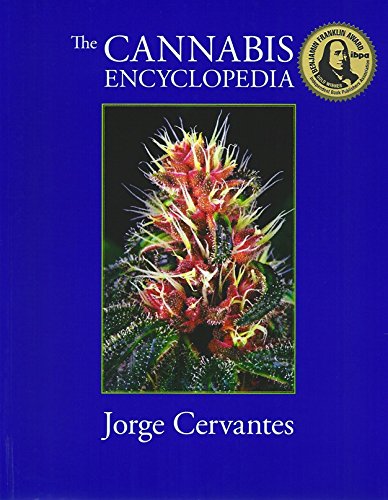Are you wondering about the differences between hemp and CBD oil? How do hemp and marijuana differ? With so many new hemp products on the market, conscientious consumers want to pick the best supplements made with the highest-quality processes and ingredients. If you want to learn how to distinguish between all the terms and products — or just see what all the excitement is about — read on.
People have used hemp (Cannabis sativa) since ancient times for its incredible health benefits. This diverse plant has thousands of uses and people used it — legally — for centuries. Early Americans grew the fast-growing plant for textiles and rope due to its stronger-than-steel stalk. But in 1970, due to political pressure, the Controlled Substances Act outlawed both hemp and marijuana in the United States. Companies still sold hemp products after then — you might have seen hemp shirts or jewelry or hemp seed hearts — but they came from imported sources.
With the passing of the 2018 Farm Bill (Agricultural Improvement Act), farmers can once again grow hemp in the U.S.
 American Hemp: How Gro...
Best Price: $2.94
Buy New $6.70
(as of 05:10 UTC - Details)
American Hemp: How Gro...
Best Price: $2.94
Buy New $6.70
(as of 05:10 UTC - Details)
Companies can also sell hemp throughout the country.[1] As a result, you suddenly see thousands of hemp products like CBD or hemp extract on the market — and with them, a lot of possible confusion.
Let’s break it down.
The Beneficial Compounds in Cannabis
Hemp and marijuana are different forms of Cannabis. While all hemp comes from Cannabis sativa and contains low levels of THC, marijuana is bred for high THC and can be Cannabis sativa or C. indica. THC is the compound responsible for the psychoactive effects that people experience. Farmers breed hemp to have low THC content. In fact, the law classifies hemp as any Cannabis sativa containing 0.3 percent or less THC.[1]
The hemp plant contains many natural chemical compounds, including the phytocannabinoids it’s famous for. These natural substances stimulate the body’s endocannabinoid system, which keeps the body in balance (physiological homeostasis).
THC — Tetrahydrocannabinol
Most people have heard of THC because of the “high” it produces when used recreationally. Marijuana plants contain around 10 percent THC or even greater, compared to the much lower 0.3 percent or below for hemp. While some states regulate non-hemp Cannabis products, it is not federally legal to sell in the U.S.
If a hemp plant or hemp-derived product contains greater than 0.3 percent THC, it would also not be federally legal. On the other hand, full-spectrum hemp products that do contain up to 0.3 percent THC can now legally be sold nationwide. They can also be shipped in the postal mail, used in most public places, and taken on airplanes across state lines (be careful with international travel as other countries have different laws).
Some hemp products contain no THC. These products are considered broad-spectrum — as compared with full-spectrum (see below). Full-spectrum products are recommended because THC in itself is one of hemp’s beneficial compounds, with analgesic effects that ease physical discomfort as well as relieve daily stress and anxiety.[2]
CBD — Cannabidiol
The benefits of CBD are impressive! It is most known for its ability to bring relaxation and calm, ease joint discomfort, support a healthy inflammatory response.
On top of that, while CBD promotes an alert calm during daytime, it promotes restful sleep at night.
Growers often breed the hemp plant for a high CBD (cannabidiol) concentration, besides having low THC. Hemp-derived CBD with less than 0.3 percent THC is now widely sold.
You can also buy non-hemp CBD derived from marijuana, but it’s only legal in states with medical marijuana laws and is not federally legalized in any state, so you should not mail it, use it in public, or take it on airplanes. Hemp-derived CBD is perfectly fine in these places.
 The Cannabis Encyclope...
Best Price: $35.46
Buy New $37.46
(as of 03:40 UTC - Details)
The Cannabis Encyclope...
Best Price: $35.46
Buy New $37.46
(as of 03:40 UTC - Details)
Other Cannabinoids and Nutritious Compounds
While CBD and THC are best known, Cannabis contains trace amounts of a wide variety of other cannabinoids. These include CBG (cannabigerol), CBC (cannabichromene), and CBN (cannabinol). Scientists are exploring the health benefits of hemp’s minor constituents, and the research results show promise.[3, 4, 5]
Hemp contains protein, chlorophyll, fiber, plus many vitamins, fatty acids, flavonoids, antioxidants, terpenes, and a wide variety of synergistic metabolites. In a full-spectrum product, all the plant compounds work together, creating a stronger effect on the body than each would alone. This is known as the “entourage effect.”
For more information, check out our article on the top five health benefits of hemp.





